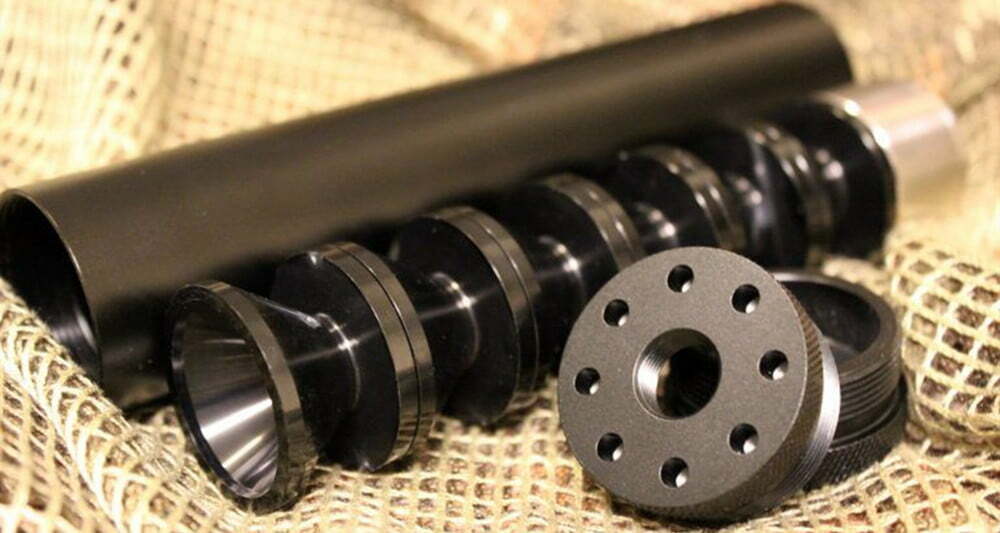Recently, the demand for solvent traps has grown among the firearm community as owners find the tool reliable for cleaning firearms without causing any damage to them. However, this industry has been threatened by a crackdown by the Bureau of Alcohol, Tobacco, Firearms, and Explosives (ATF). The ATF’s offensive has caused many firearm owners to take proper precautions when purchasing solvent traps. Solvent trap owners now have to cover all the bases to ensure the legality of their cleaning equipment.
In this article, we’ll discuss everything that you need to know about making solvent traps legal.
What are Solvent Traps?
Over the years, solvent traps have grown in popularity because of their evolution in the firearm cleaning industry. These firearm accessories are used to trap cleaning fluids and ensure proper cleaning of the firearm. Solvent traps are usually attached to the end of the barrel to capture cleaning solvents and ensure that they are completely removed and disposed of. If you use your firearm frequently, this device can help you prevent the mess that comes with cleaning.
Another important advantage of using a solvent trap is that it helps users trap and reuse cleaning fluids. In its basic form, the solvent trap is not intended for anything more than a cleaning tool which is 100% legal, according to the ATF. You only start to get on the wrong side of the law when you make any modifications to this cleaning accessory to cause it to perform a secondary function.
/cdn.vox-cdn.com/uploads/chorus_asset/file/19103474/634623182.jpg.jpg)
What Do You Need to Know About Registering Your Solvent Trap with The ATF?
As stated earlier in the article, the primary purpose of the solvent trap is firearm cleaning. Although solvent traps attach to the barrel of the firearm, they don’t have any features that make objects pass through them. According to the ATF, these devices are legal firearm accessories as long as no modifications are applied to their original forms.
Purchasing a solvent trap is as easy as buying any regular product on the internet in regions where they are allowed. If you have purchased one online, intending to use it solely as a cleaning tool, you don’t have to worry about getting it registered. Be reminded that it is legal as long as you don’t modify the accessory.
Buying a solvent trap with the intent to modify it in any form is illegal. You should check and register any modifications beforehand with the ATF through ATF Form 1.
Conclusion
As a firearm owner, you should always stay up to date with the latest policies that control the operation and ownership of firearms and accessories in your state. However, if you previously had worries about the requirements to register and use a solvent trap, this article should have cleared that up. Visit armoryden.com for more information on solvent traps.


